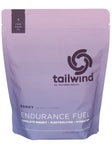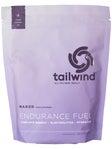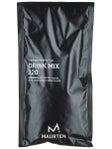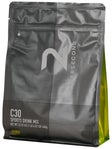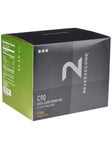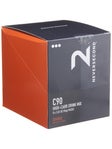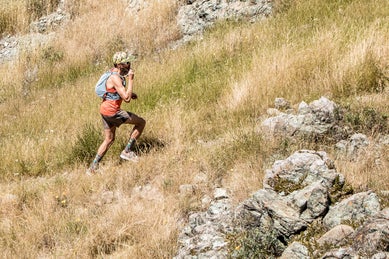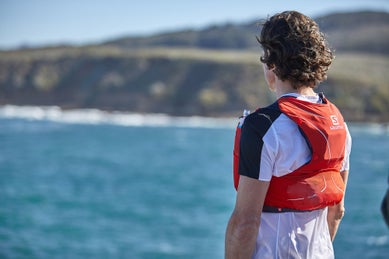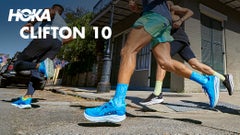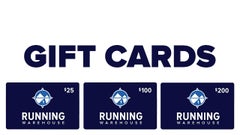Ultimate Hydration Guide for Runners: How to Maintain Peak Performance Through Optimal Hydration
Updated: October 1, 2024 by Caroline Cross
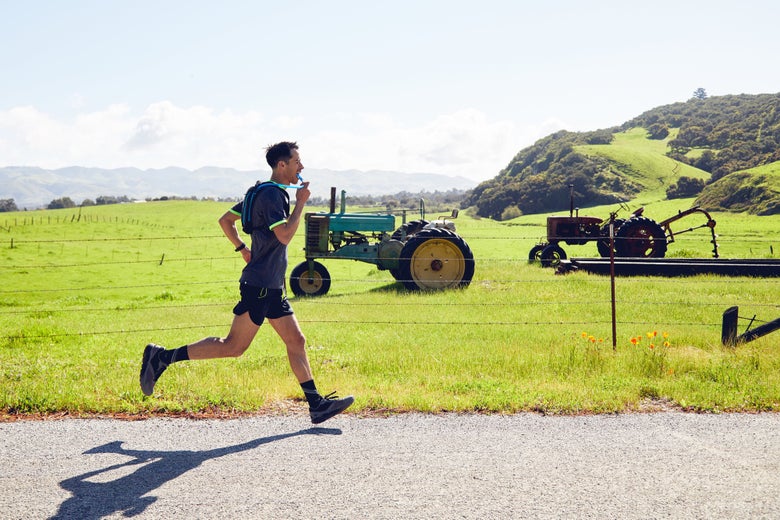
How Hydration Affects Running
Maintaining adequate hydration during physical activity is one of the most impactful nutritional methods to optimize performance. From keeping your body functioning properly to helping you stay on top of your running game, there is no denying the importance of sufficient hydration.
Dehydration adversely affects performance, stamina, and overall health. When you are not drinking enough fluids, you are more fatigued and your body temperature goes up which can result in declined performance and impaired motor skills. Dehydration also causes your heart to work extra hard to pump blood, resulting in elevated heart rate and rapid breathing. Lack of adequate hydration can increase the risk of injury due to muscle cramping and hinder recovery by slowing down the process of growing and rebuilding muscle tissues. Furthermore, reduced water intake can lead to potentially fatal complications such as heat exhaustion and heat stroke due to the decrease in sweat rate.
Conversely, maintaining proper hydration boosts your running performance, especially during high-intensity training. When your body is fully hydrated, you have the endurance, concentration, and energy to push through and go that extra mile instead of feeling lethargic and dragging your feet or hitting the dreaded wall. Drinking enough fluids also prevents excessive elevation in heart rate and core body temperature, so you're not overexerting yourself. In addition, water helps regulate your blood pressure, aids in post-run muscle recovery, and plays a role in injury and illness prevention by supporting your immune system, cartilage, and joints.

When to Add Electrolytes & Energy Drinks
What are electrolytes:
Electrolytes are electrically charged minerals (sodium, calcium, magnesium, and potassium) that help the body regulate fluid levels, contract muscles, build new tissue, and transmit nerve signals. Electrolytes also help the body maintain a healthy pH balance and support the kidneys in their crucial role of filtering fluid and toxins. All of these functions are critical for athletic performance and maintaining proper hydration. While water is essential, optimal hydration is replenishing not only water but lost minerals as well.
When you should add electrolytes to your run:
Since sweat rate varies based on such factors as the intensity and duration of your workout, the outdoor temperature, and genetics, you should add electrolytes to your run if you sweat a lot, feel fatigued, and experience muscle cramps. Additionally, when your run is longer than an hour or when you are running in warm weather.
Hyponatremia, a condition that occurs when electrolytes in the body become too diluted due to the loss of sodium, is another reason to add electrolytes to your hydration program. This potentially life-threatening condition causes the body's cells to swell with water in their attempt to create homeostasis. Since we all lose different amounts of sodium in our sweat, if you are perspiring and drinking a lot of water without replacing electrolytes, you can become at risk of hyponatremia, especially if you are a salty sweater. Due to the sweat concentration, salty sweaters lose higher amounts of sodium that can't be replaced by drinking water alone and need electrolytes to prevent hyponatremia. Signs of salty sweat include a stinging feeling when sweat trickles down your eyes, feeling dizzy, and visible white streaks on your clothing and headwear.
Electrolytes come in various forms, such as tablets and supplements, chewables, powder mixes, and energy drinks. Try out different brands to see which one works best for your body.
When you should add an Energy Drink:
Energy drinks contain a combination of carbs, electrolytes, and other supplements to aid in performance. During shorter runs, the additional sugar provided by energy and sports drinks may not be necessary for your activity or dietary goals. But during longer runs, especially those over 10 miles, it becomes more important to fuel up with easily accessible energy to maintain hydration and avoid fatigue.
Adding an energy drink to your run can help you get those calories efficiently since the simple carbohydrates (glucose and fructose) available in energy drinks are usually easier to digest and quickly absorbed for energy.
Shop Electrolyte Supplements
Shop Energy Drinks
Pre-Run Hydration Strategies
Just as you wouldn't go on a road trip without fueling your car with a full tank, you don't want to start running with a water deficit. Maintaining a water balance throughout the day is essential for optimal performance, so get your body ready for your next workout or race by being well-hydrated beforehand.
Due to the wide disparity in body size, activity, and environmental conditions, no one recommendation will suffice for everyone. For pre-hydration, the basic guideline for water consumption is to drink 17-20 oz. of water 2 to 3 hours before a run and 8 oz. of water 20-30 minutes before exercising.
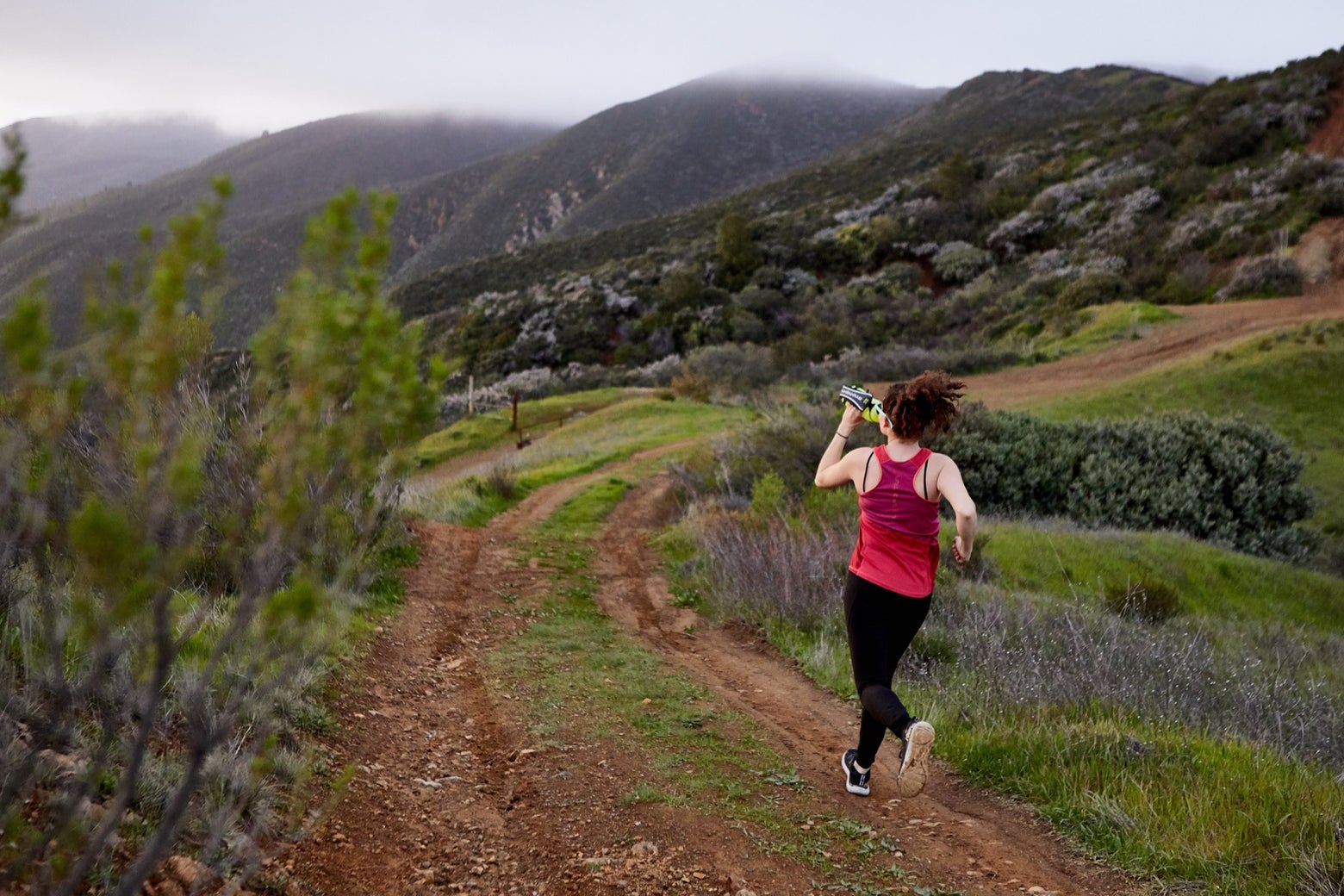
Hydration During the Run
During exercise, the traditional recommendation for hydration is to drink 5 to 8 ounces every 15 minutes rather than large amounts at one time. This advice is a good baseline, but you don't need to follow it too strictly. Everybody is different, and our water consumption needs will vary. Recent research suggests that drinking based on thirst may be the best way to stay hydrated, so listen to your body first and foremost. Since factors such as intensity, duration, and weather conditions affect hydration needs, if you live in a hot and humid climate or sweat a lot, you will need to adjust your fluid intake accordingly.
To remain hydrated on your run, you may want to carry liquids with you, especially on long runs or when there's no water source nearby. From hydration belts and handheld bottles to hydration packs and vests (which hold more water capacity and offer storage), you have several hydration options for quick and easy access to fluids.
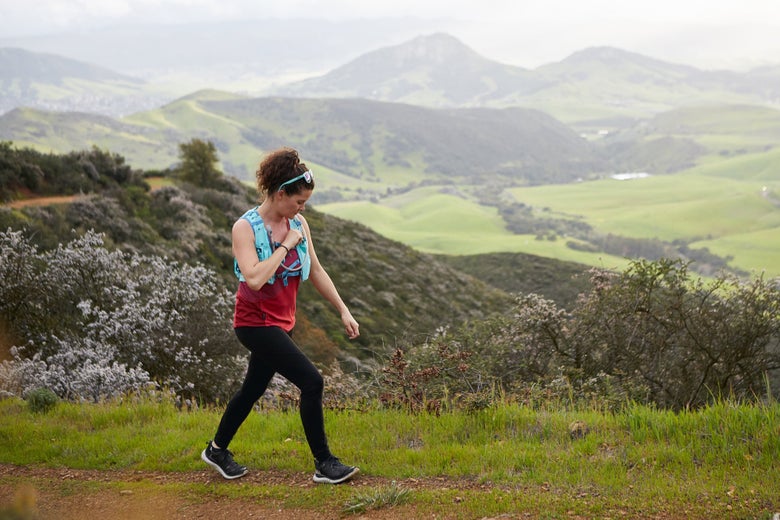
Hydration After the Run
For post-run hydration, it is essential to replenish fluids lost during exercise, which aids in efficient recovery. Comparing weight before and after a workout is a simple way for athletes to focus on their hydration needs. If weight is lost, hydrate more; if weight is gained, hydrate less.
To better tailor your hydration plan, you can use "sweat rate" to calculate the amount of fluids you lose through perspiration during exercise. To determine your sweat rate, weigh yourself before and after your run. For every pound lost, you should replace it with 16 to 24 ounces of fluid.
Recovery Drinks are an excellent fluid option for post-run hydration, containing protein and other essential nutrients to replenish electrolytes and promote muscle recovery.
Hydration Guidelines |
||
Pre-Exercise / Race |
During Exercise / Race |
After Exercise / Race |
|
Drink 17-20 oz. of water 2-3 hours before a run or race. |
Determine "sweat rate" and use it as a guideline. |
Drink 16 to 24 ounces for every pound lost during exercise. |
|
Drink 8 oz. of water 20-30 minutes before a run or race. |
Drink 5 to 8 ounces every 15 minutes rather than large amounts at one time. |
|
|
Drink when you are thirsty. |
||
Hydration Mistakes to Avoid
One of the critical mistakes runners can make when it comes to hydration is going to extremes, either not having adequate hydration beforehand and starting in a deficit state or overdoing it by being hyper-hydrated. Too little hydration leads to bonking and dehydration. Too much water consumption flushes out needed electrolyte minerals and causes excess water to enter the brain, leading to life-threatening water toxicity. A good rule of thumb is to plan for fluid sources during your run, especially on extended workouts, but don't drink in excess if you're not feeling thirsty. Balance is key to maintaining optimal hydration.
Another error is avoiding sodium altogether. Salt is not the enemy. Although excess sodium intake is unhealthy, the lack of sodium in the diet is dangerous and can be fatal. Replenish the loss of sodium when running with electrolytes and sports drinks. While energy gels offer an immediate boost of energy and come in handy during a race or on the trail, be mindful not to rely solely on the consumption of energy gels, which don't have enough sodium levels to maintain fluid balance.
Avoid these pitfalls and maintain optimal hydration by drinking fluids throughout the day instead of chugging water down before a workout or race. Additionally, incorporate fruits and vegetables into your diet, which are not only hydrating, but these food sources contain vital minerals such as magnesium and potassium to help with water balance and muscle function. Lastly, don't ignore the signs of fatigue and dehydration by trying to force yourself to power through a run. Be in tune with your body and adopt an everyday healthy habit of hydration.

Helpful Hints for Staying Hydrated
Sufficient hydration throughout the day helps keep your brain, body, heart, and muscles functioning efficiently. Your hydration needs will vary depending on the duration of your run and how much you sweat. Under and over-consumption of water will adversely affect your performance, energy levels, and overall health. Adding other fluid options, such as electrolytes and energy drinks, can be beneficial, especially on extended runs and in warm weather. Above all, listen to your body and maintain fluid balance for optimal health.
Some helpful hints:
• Try to avoid caffeinated drinks and alcohol before a run.
• Plan your run with access to a water fountain and other water sources.
• On longer runs, use a handheld water bottle or hydration pack.
• Use training runs as an opportunity to learn about your body's individual hydration needs.
• When in doubt, use your thirst as your gauge.
FAQ
How do I know if I'm staying hydrated throughout the day?
One straightforward way to tell if you are hydrated is to pay attention to the color of your urine. If your urine is clear, you are likely overhydrated, which can cause electrolyte imbalance. If your urine is dark with a strong odor, this is a clear sign of dehydration, and you should increase your water intake. The color you want to see is a light yellow, lemonade-like hue.
Why is it so important to stay hydrated?
Studies show that athletes who enter a competition in dehydrated states have decreased performance. During the race, a 1% drop in hydration/body weight may cause a 3 to 4% decline in muscle performance.
Should I be drinking sports drinks or water?
For workouts longer than 60 minutes, sports drinks are recommended. Some researchers even suggest that there are benefits to using sports drinks for exercise over 30 minutes to replenish electrolytes lost during physical activity.
Why are sports drinks better than water during exercise?
Sports drinks taste better and encourage hydration while delivering carbohydrate fuel for the muscles and brain. These drinks also provide sodium to help the body retain more fluids, allow athletes to exercise longer, and prevent hyponatremia or water intoxication. When athletes consume too much water over a few hours, they can lose significant amounts of potassium and sodium, leading to symptoms that mimic severe dehydration.
Which sports drinks should I use?
The best sports drink is the one that has nutritional benefits while also tasting good to your specific palate! If you sweat excessively, you may want to consider a higher-sodium sports drink. Some sports drinks contain carbohydrates and protein. Whichever formula you choose, try it out several times in training before using it on race day.
Note that sports drinks should not be diluted, and you shouldn't add more powder to water than the instructions suggest. These drinks are formulated to provide energy in the right amount and concentration for optimal performance without causing gastrointestinal distress.



















